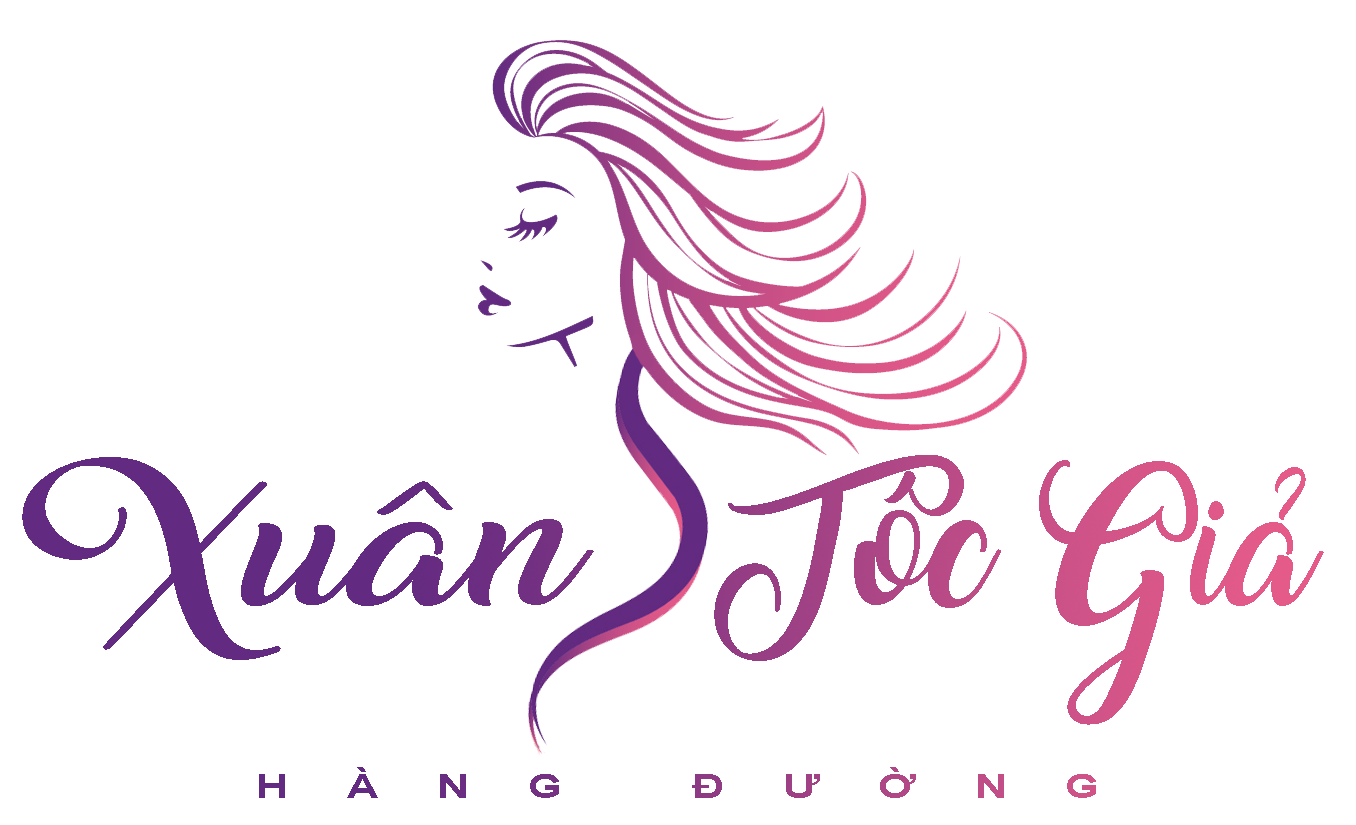Sober living
N-acetylcysteine: A potential treatment for substance use disorders

If a person uses as much of the drug as they did before quitting, they can easily overdose because their bodies are no longer adapted to their previous level of drug exposure. An overdose happens when the person uses enough of a drug to produce uncomfortable feelings, life-threatening symptoms, or death. Like treatment for other chronic diseases such as heart disease or asthma, addiction treatment is not a cure, but a way of managing the condition. Treatment enables people to counteract addiction’s disruptive effects on their brain and behavior and regain control of their lives. Symptoms of cocaine overdose include high blood pressure, sweating, nausea, confusion, severe anxiety, tremors, seizures or stroke. Because many of these can be life-threatening, it’s vital that you don’t perform cocaine overdose treatment at home.

How MAT Contributes to Maintaining Sobriety and Preventing Relapse #

What may begin as casual cocaine use can quickly spiral into addiction and dependence. While cocaine overdose treatment can bring some individuals back from the brink of death, others aren’t as lucky. If you or a loved one is struggling with a substance use disorder involving cocaine, the best thing you can do is seek out cocaine rehab. When you have completed treatment, seeking ongoing cocaine addiction support in your =https://ecosoberhouse.com/ recovery journey can be massively beneficial. Aftercare programs can help you find mentors and support that you can check in with to prevent relapse and help you continually utilize the skills you developed in treatment.

NAC: A promising candidate
At our inpatient rehab in Mississippi, Oxford Treatment Center offers addiction-focused healthcare and evidence-based treatment for addiction to cocaine and other substance use disorders. We offer safe medical detox, inpatient drug and alcohol treatment and sober living options that can help you get started on the path to recovery. The most appropriate cocaine addiction treatment option is cocaine addiction treatment dependent on the patient’s individual needs and situation. Treatment programs may include a combination of medical detox, inpatient treatment, outpatient treatment, and aftercare programs. Successful rehabilitation programs often incorporate a variety of behavioral therapies.
Kratom

Users temporarily feel more energetic, alert, and confident due to the Alcoholics Anonymous rush of hormones in the brain. This instant and favorable reward can leave the user craving more cocaine soon afterward. To replicate the high they experienced, the user can resort to taking a larger quantity than they first intended. Cocaine is a white powder that is often snorted or, in some cases, dissolved and injected.
Cocaine Withdrawal
- American Addiction Centers (AAC) is committed to delivering original, truthful, accurate, unbiased, and medically current information.
- Because many of these can be life-threatening, it’s vital that you don’t perform cocaine overdose treatment at home.
- If you don’t have health insurance, options are still available for you to obtain treatment.
- Long-term sobriety requires commitment and continuous effort, but many individuals achieve lasting recovery.
- Reuptake is a process that normally modulates the action of the neurotransmitters by decreasing their concentration in the brain.
- In severe cases of agitation, sleep disturbance, or depression, physicians may enlist supportive medications.
Motivational Interviewing (MI) is a therapeutic approach designed to enhance an individual’s motivation to change and engage in treatment. MI is particularly useful in addressing ambivalence about quitting cocaine and building a commitment to recovery. The impairment of these cognitive centers can lead to the compulsive use of cocaine—with little to no regard for the consequences. The impairment of judgment and loss of impulse control further promotes high-risk behaviors, sometimes increasing the risk of accidents or exposure to infections like HIV and hepatitis C. There are a number of complications of cocaine addiction, and they can differ depending on your method of using the drug.
Support Systems and Community Resources #
- Evidence suggests that NAC may be useful in the treatment of adults with cocaine use disorders who have achieved some abstinence, and adolescents with cannabis use disorders.
- This section explores the importance of aftercare, the key components of an effective relapse prevention plan, and the role of support systems in fostering long-term recovery.
- The assessment will also evaluate any co-occurring mental health conditions that may be contributing to your addiction.
- Taken only in social settings, they may find that they enjoy the newfound confidence and energy that cocaine gives them.
- The euphoric effects of cocaine use are accompanied by physical effects, including a rapid heart rate, sweating, and pupil dilation (widening of the pupils).
These are often used on a short-term basis because long-term use of medicines that can help you sleep can also be addictive in itself. You do not have to be taking cocaine, or crack cocaine, every day to be addicted to it. A sign of addiction is that you’ve tried to cut down or stop but are unable to. Cocaine overdose deaths continue to rise, according to reports from the Centers for Disease Control and Prevention (CDC). This uptick in cocaine-related overdose deaths is due in part to the increasing amounts of cocaine laced with fentanyl and other opioids.

